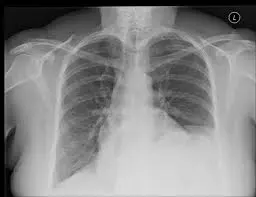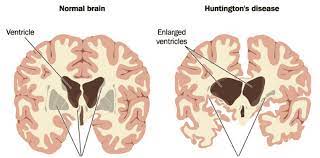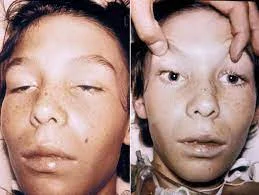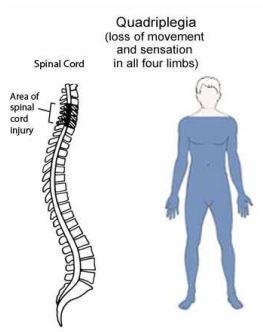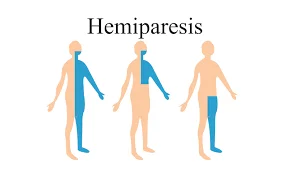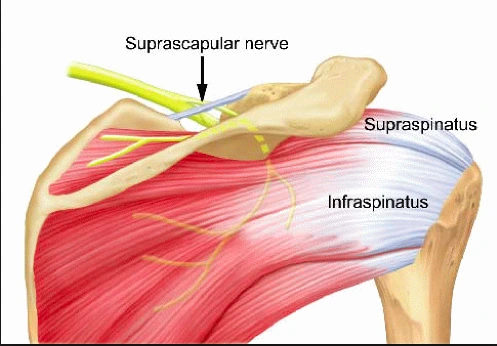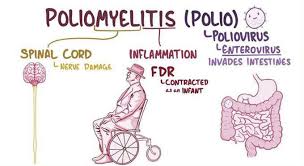Phrenic Nerve Palsy
What is Phrenic Nerve Palsy? The phrenic nerve, which extends from the neck to penetrate the diaphragm next to the pericardium, can suffer lesions anywhere along its journey, which is what causes phrenic nerve palsy, also known as paralysis or paresis of the phrenic nerve. What is the phrenic nerve? Your diaphragm, a sizable dome-shaped…

